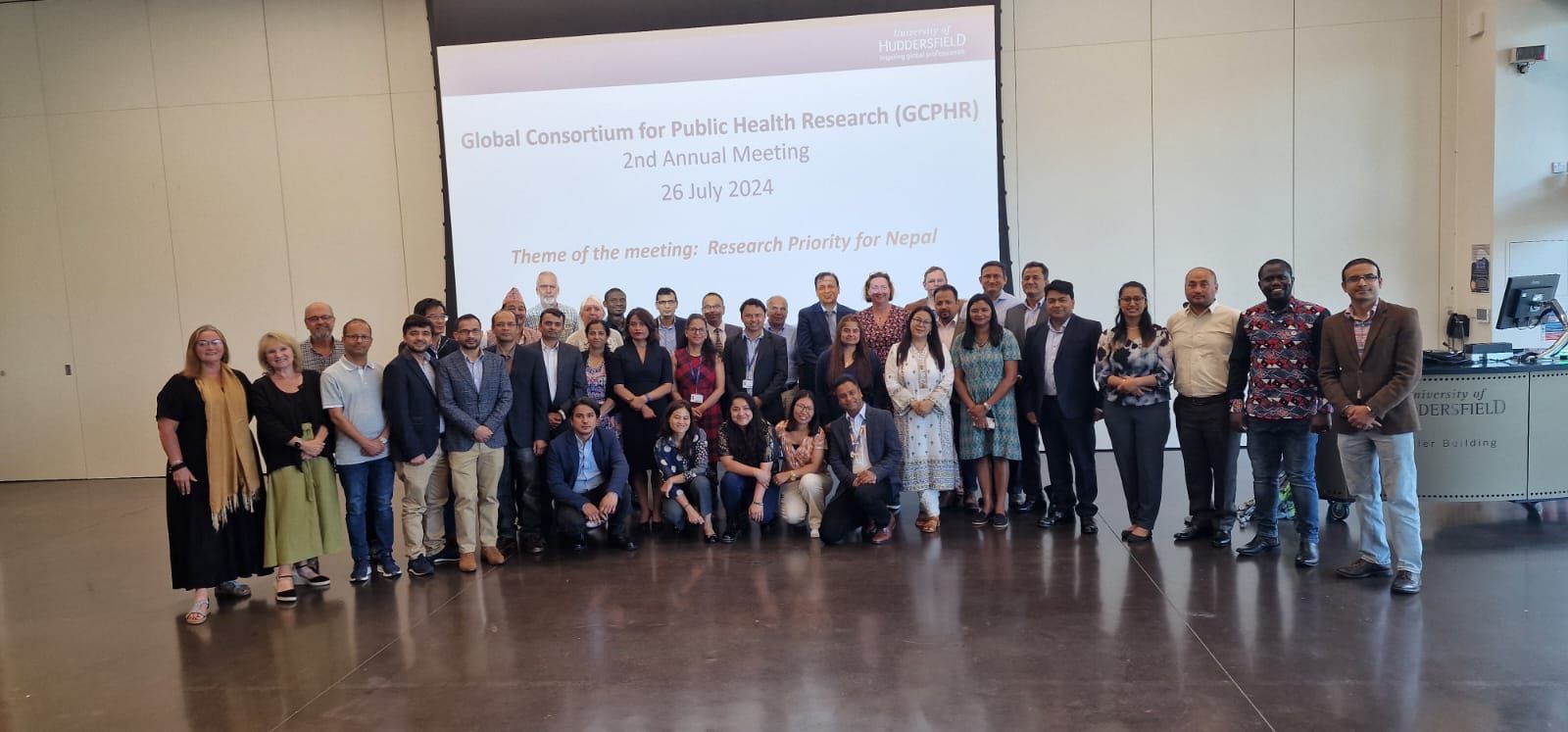 The University of Huddersfield recently hosted the 2nd annual meeting for the Global Consortium for Public Health Research (GCPHR), with the theme ‘Research Priority in Nepal’. A lovely write-up of the even just appeared online (click here to read this). Among its invited international delegates were Dr. Pramod Regmi (Centre for Wellbeing & Long-Term Health) and Prof. Edwin van Teijlingen (Centre for Midwifery & Women’s Health). GCPHR is led by Prof Padam Simkhada, Professor of Global Health and Associate Dean (International) of the School of Human & Health Sciences at the University of Huddersfield as well as Visiting Professor in the Faculty of Health & Social Sciences at Bournemouth University. This interdisciplinary event was funded by funded by the University of Huddersfield’s PVC International’s International collaborative fund (ICF).
The University of Huddersfield recently hosted the 2nd annual meeting for the Global Consortium for Public Health Research (GCPHR), with the theme ‘Research Priority in Nepal’. A lovely write-up of the even just appeared online (click here to read this). Among its invited international delegates were Dr. Pramod Regmi (Centre for Wellbeing & Long-Term Health) and Prof. Edwin van Teijlingen (Centre for Midwifery & Women’s Health). GCPHR is led by Prof Padam Simkhada, Professor of Global Health and Associate Dean (International) of the School of Human & Health Sciences at the University of Huddersfield as well as Visiting Professor in the Faculty of Health & Social Sciences at Bournemouth University. This interdisciplinary event was funded by funded by the University of Huddersfield’s PVC International’s International collaborative fund (ICF).
After the event BU’s Dr. Pramod Regmi reminded us that: “It is important to meet up in person, especially for larger international and interdisciplinary research projects. There is only so much you can do online in meeting.” There is a great advantage of online meetings by Zoom, Teams or Google Meet, especially when working with countries like Nepal. Not least of course in reducing our global carbon footprint. Of course, such meeting help academics to build and maintain research contacts across the globe, but it is not the same as sitting in the same room with someone and share ideas over coffee.
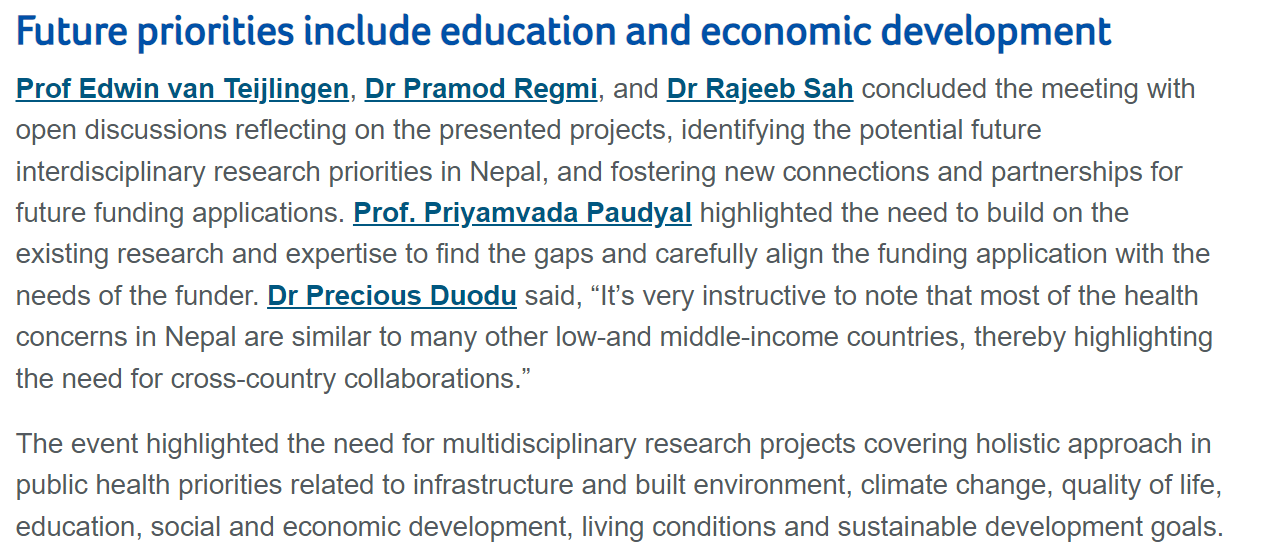
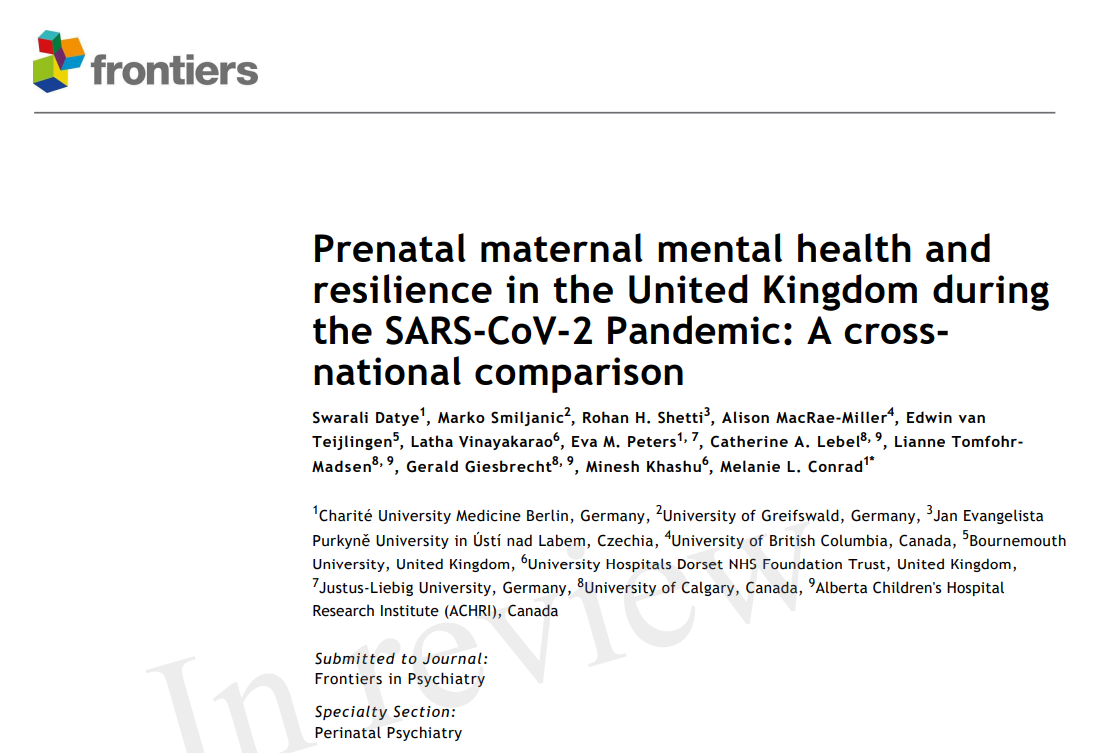



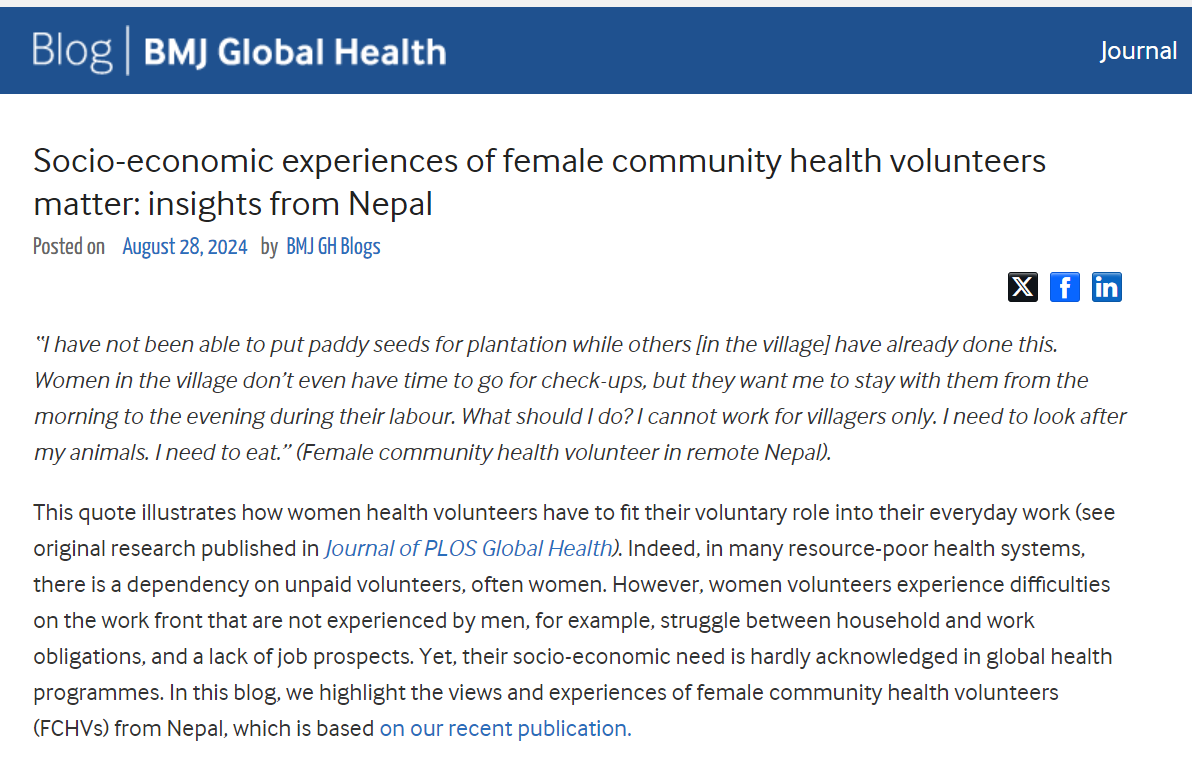
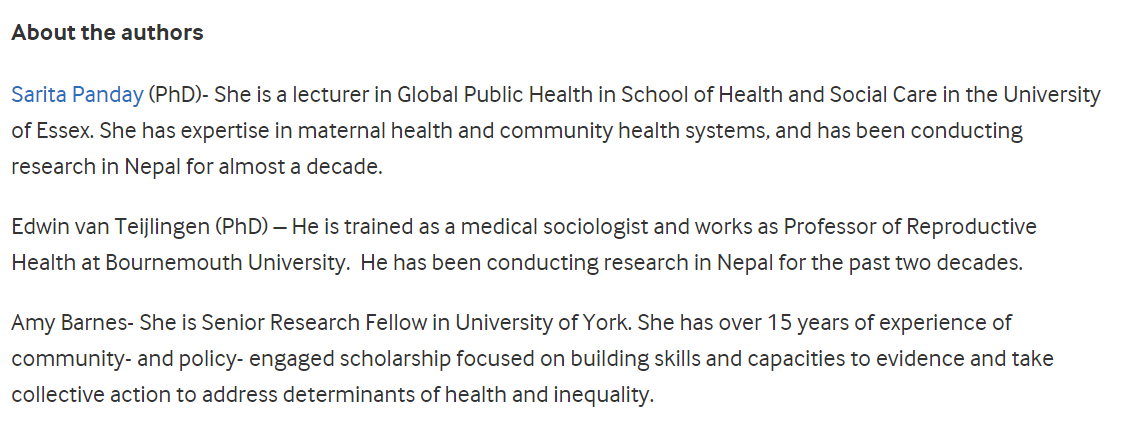
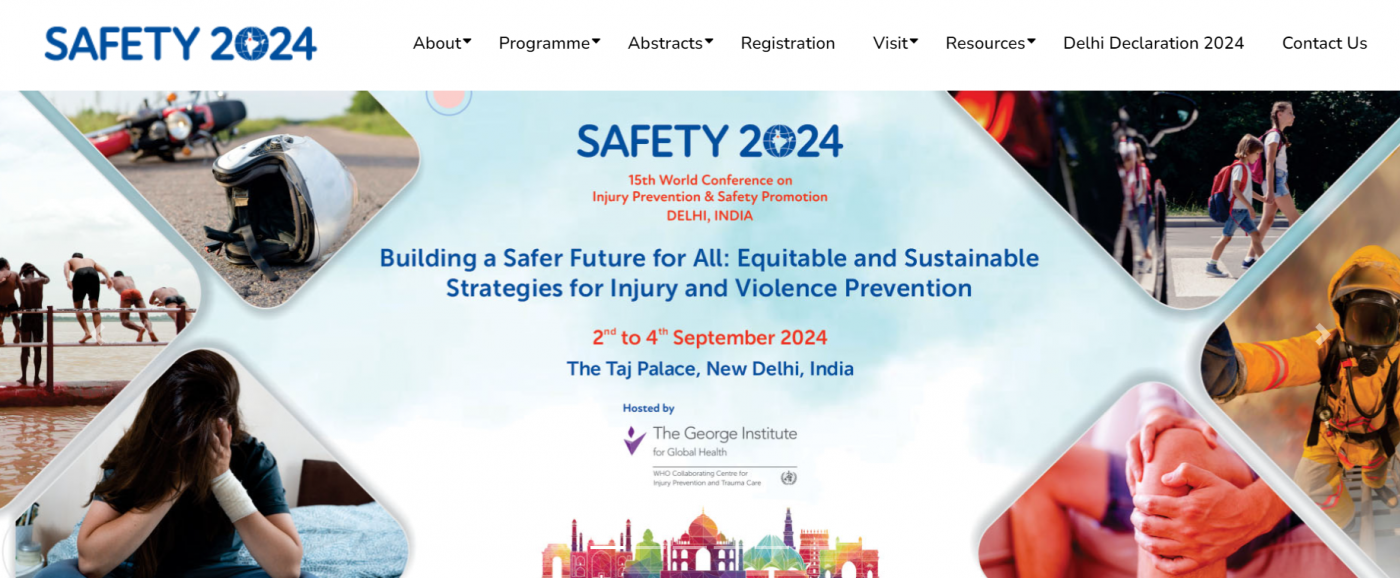

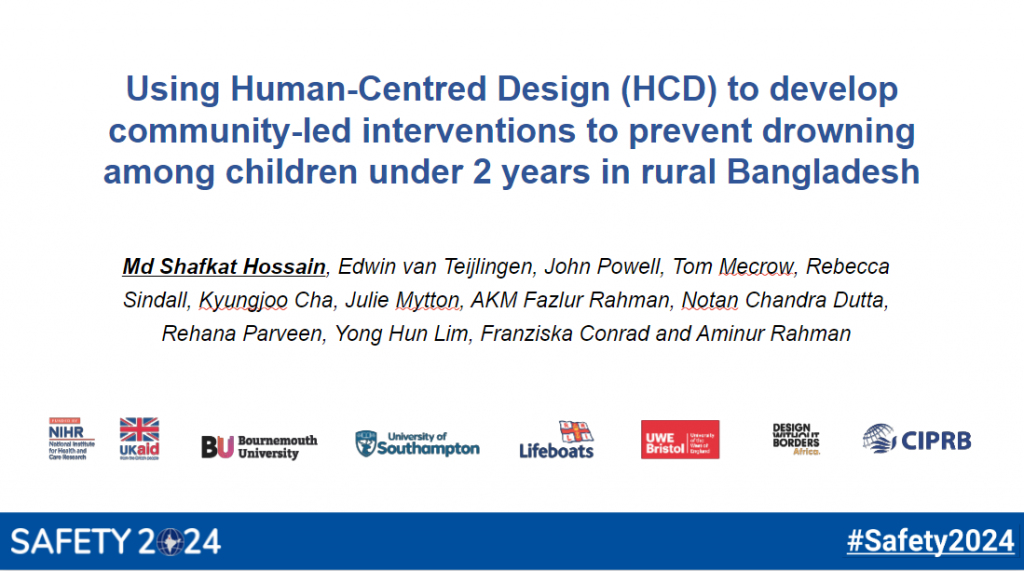

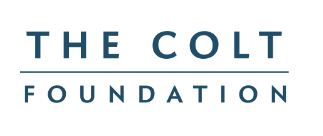

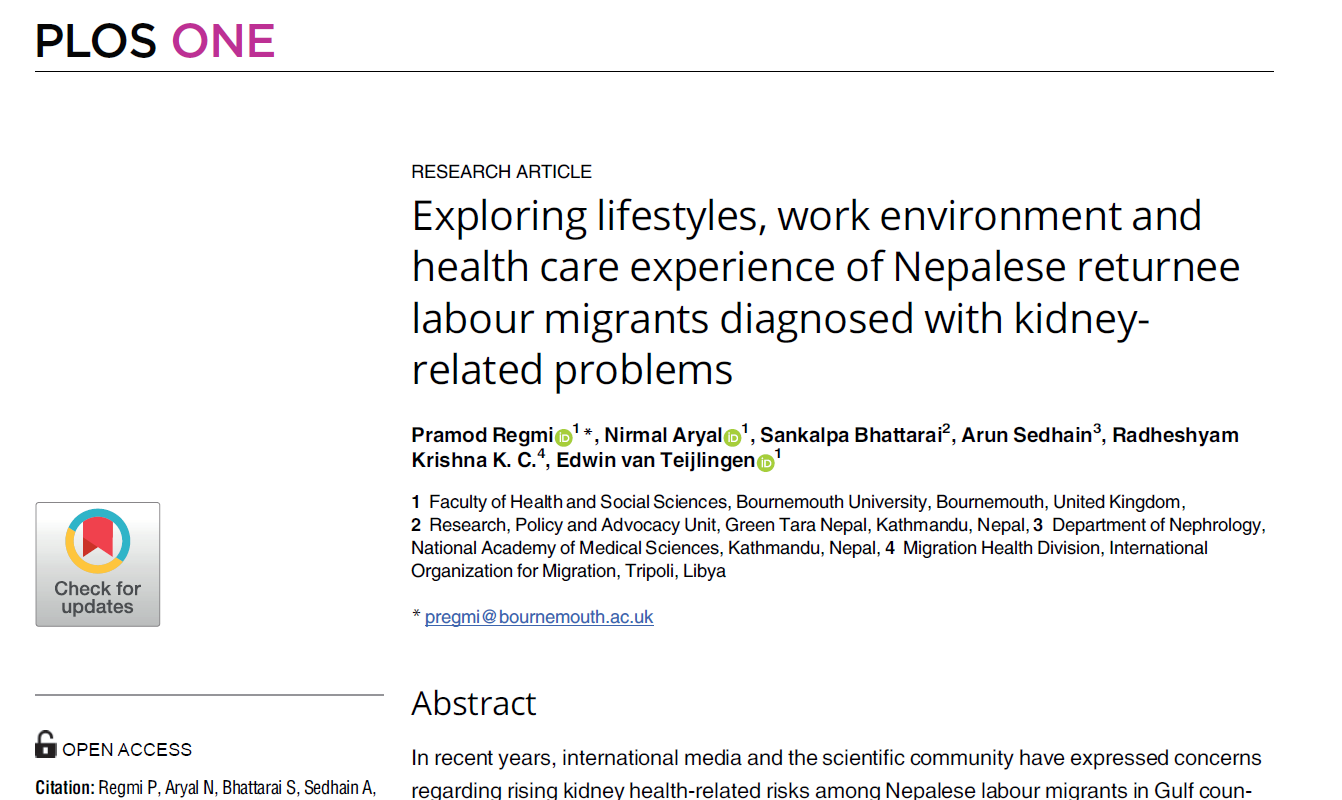

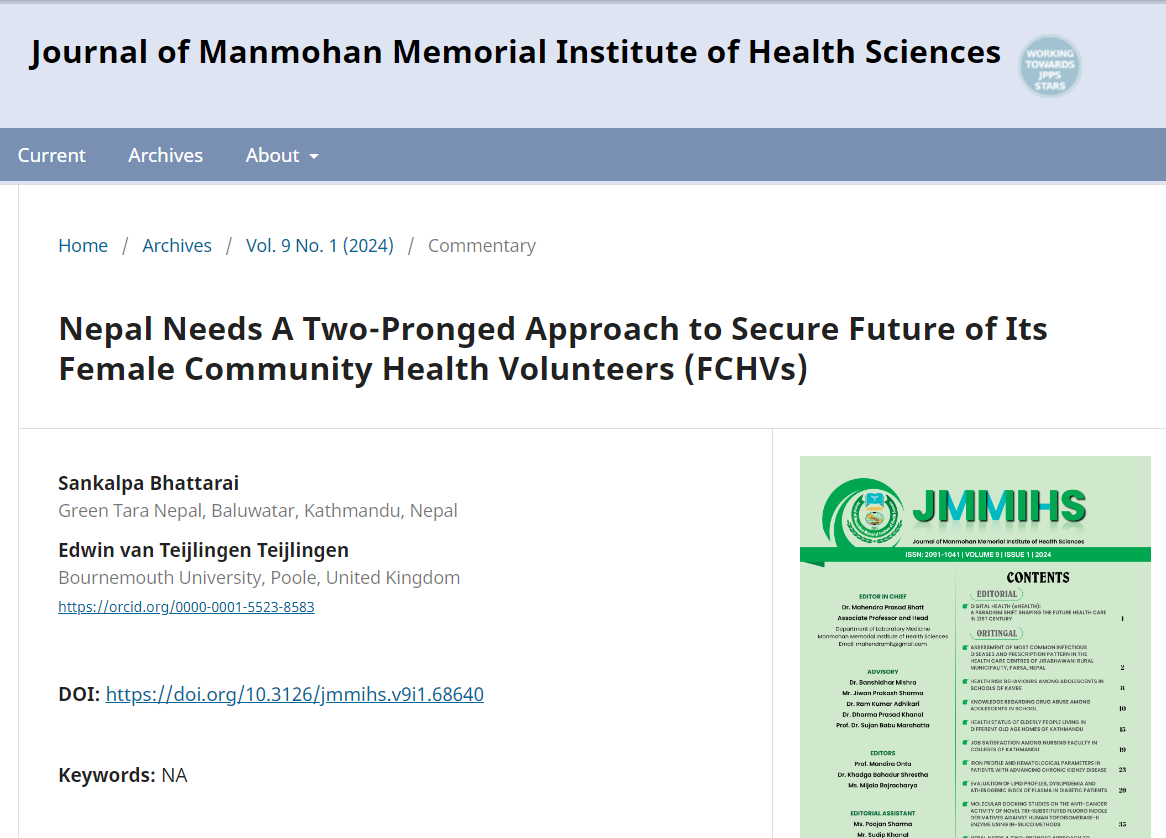
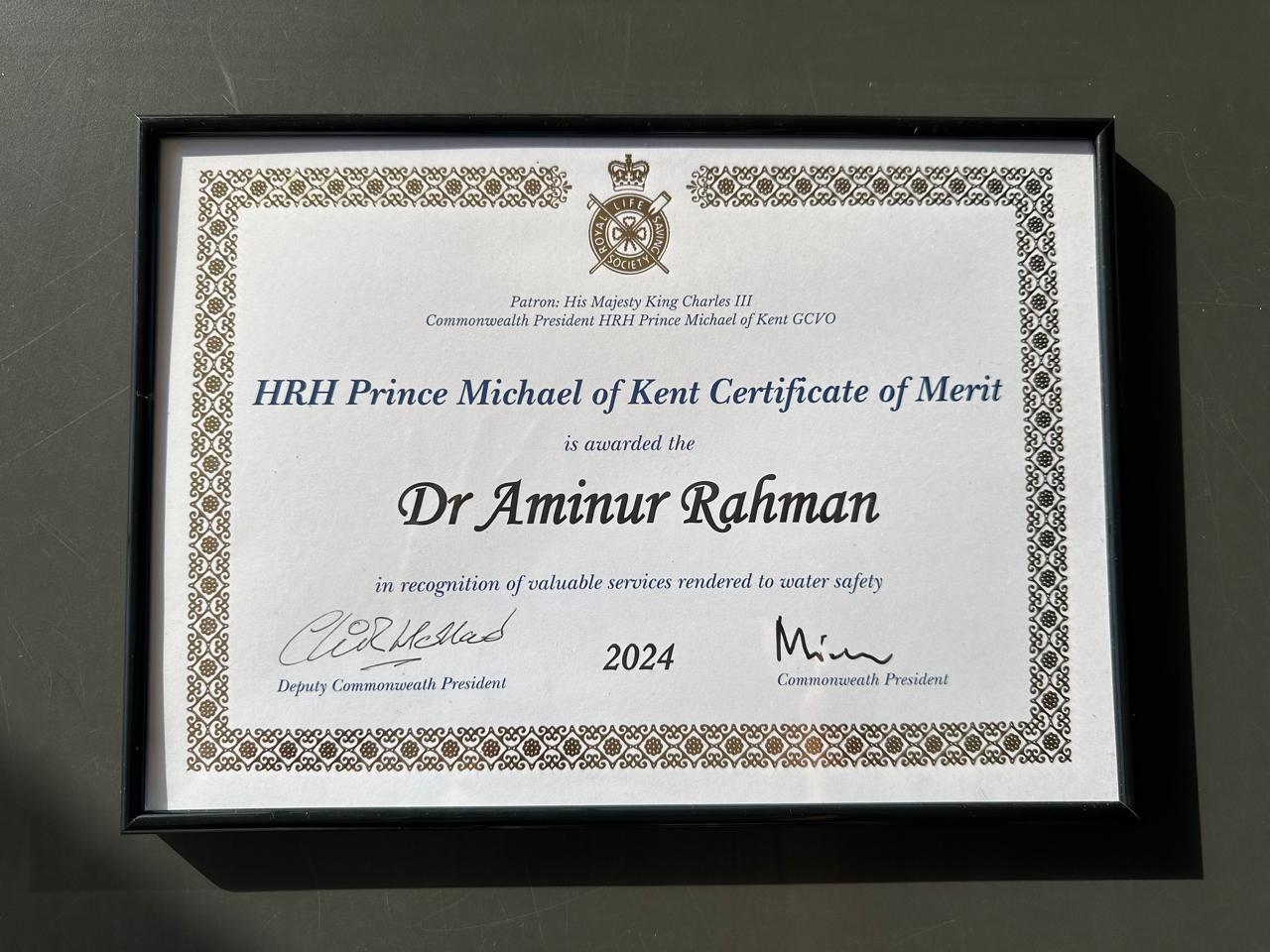
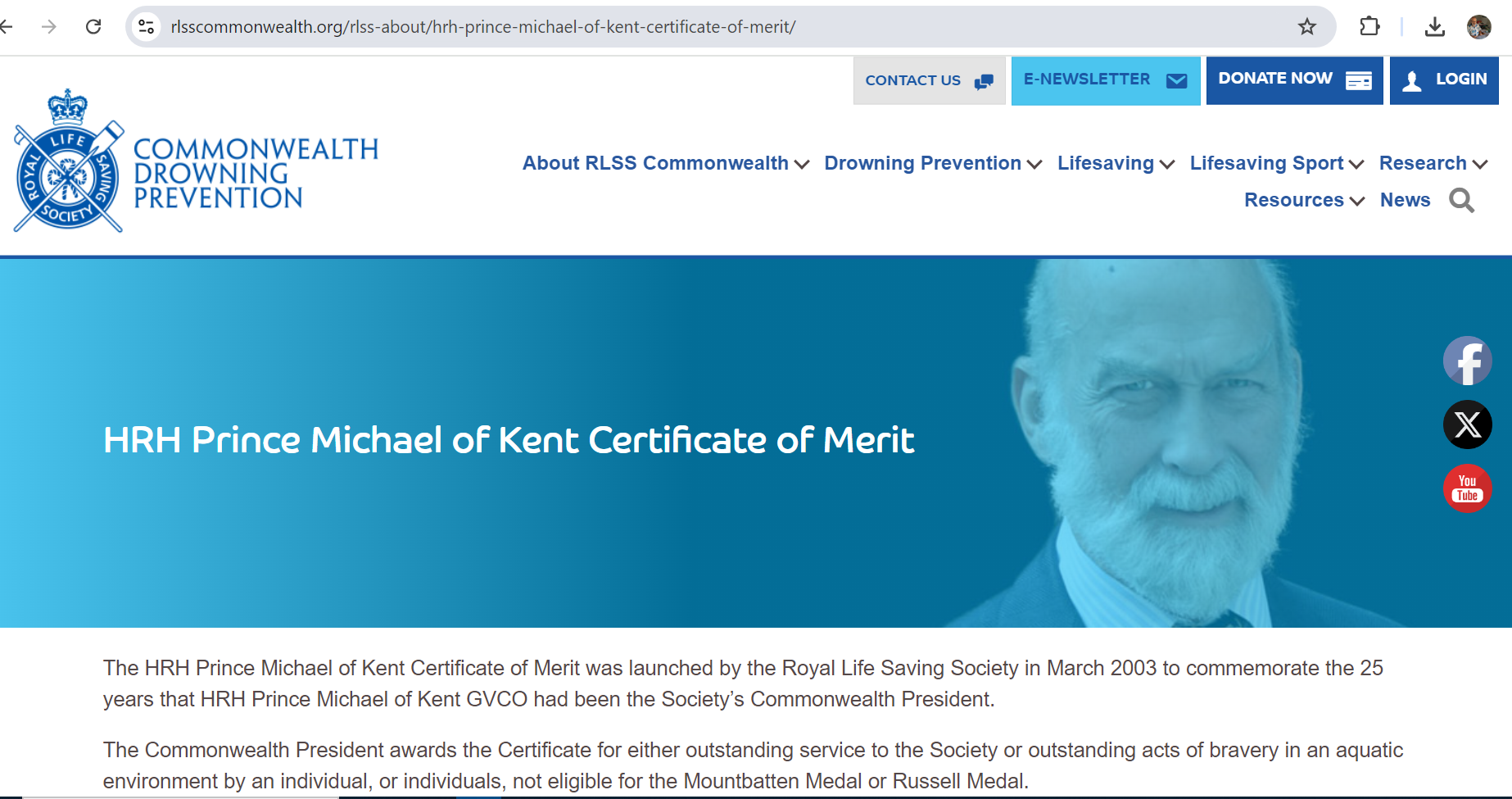


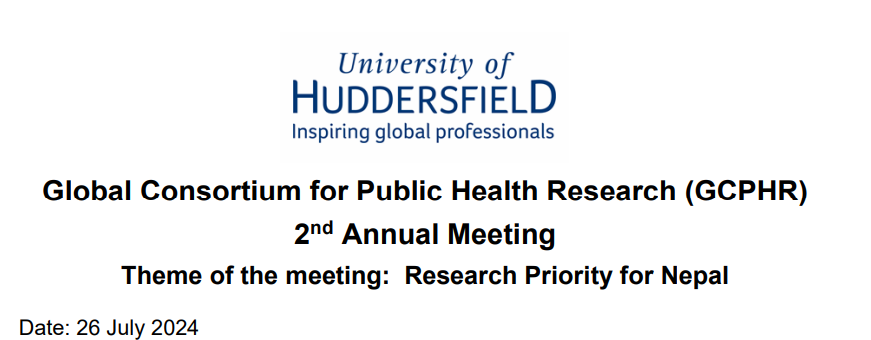
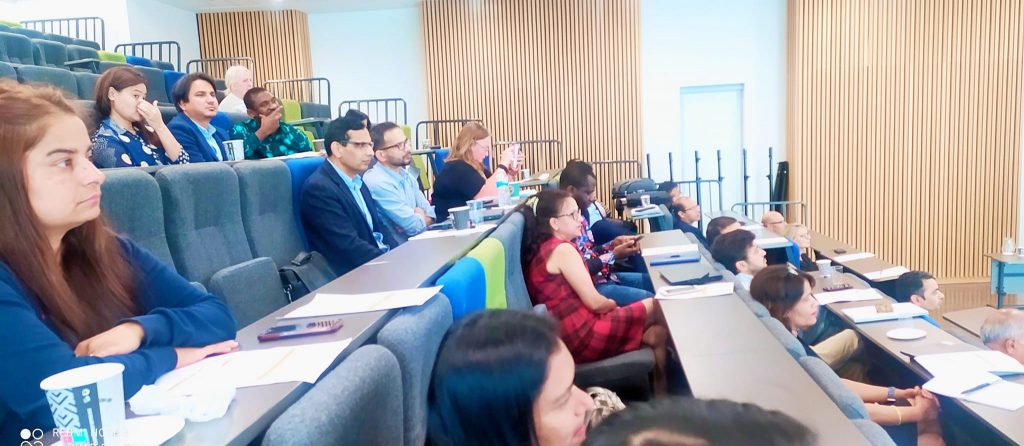
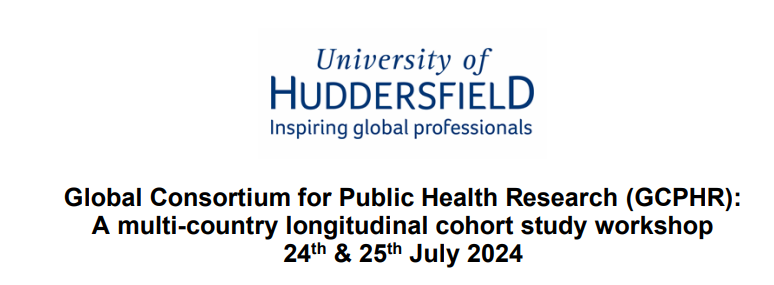
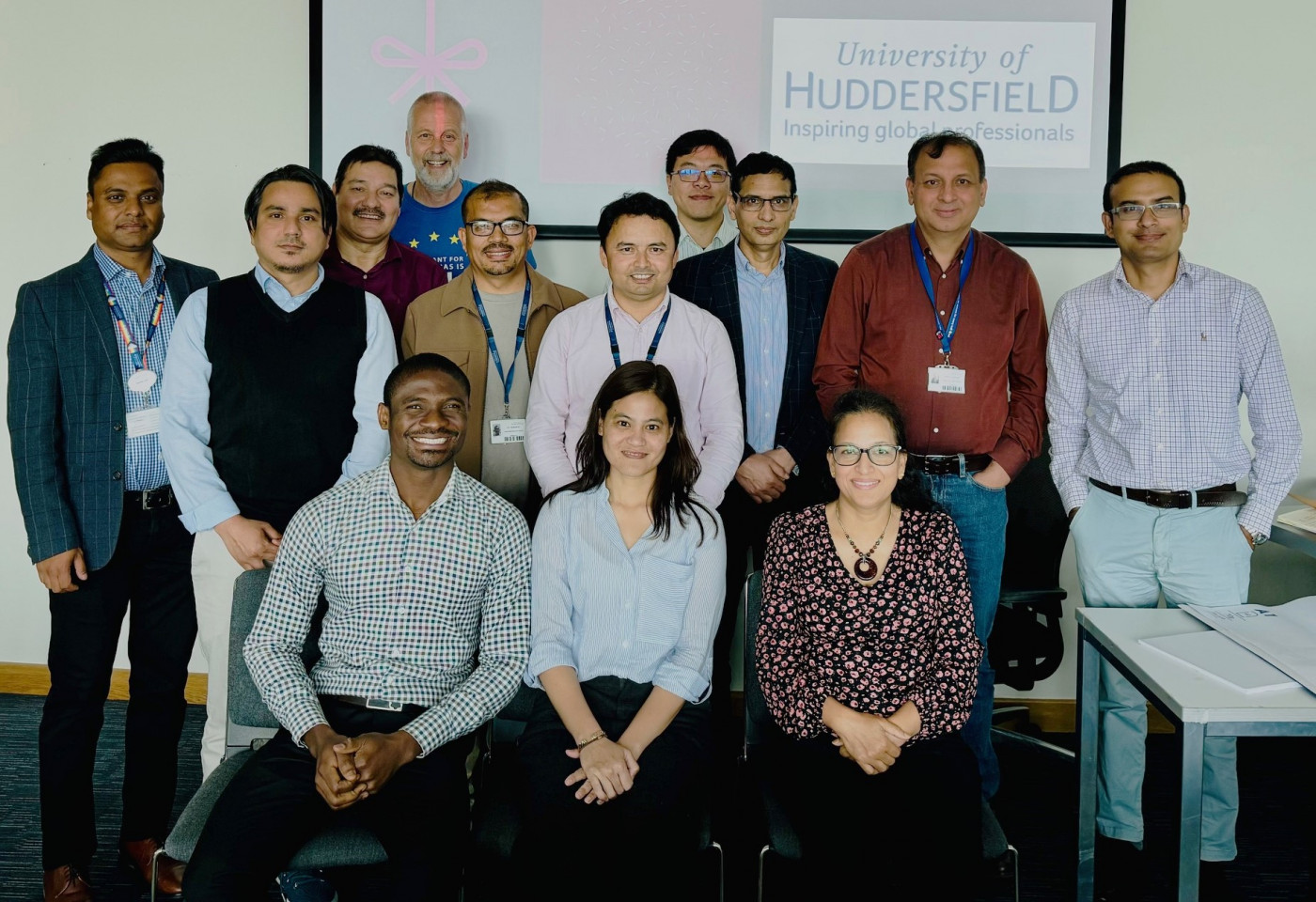


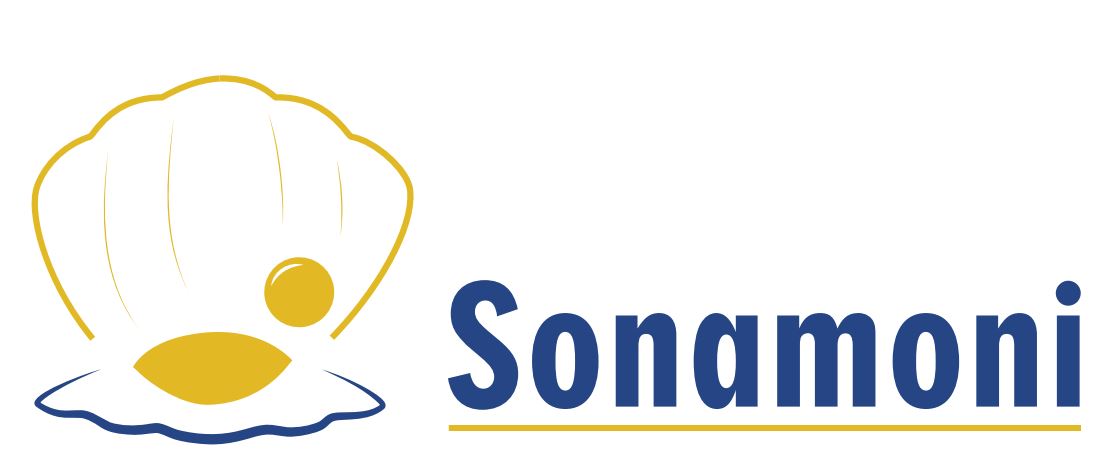




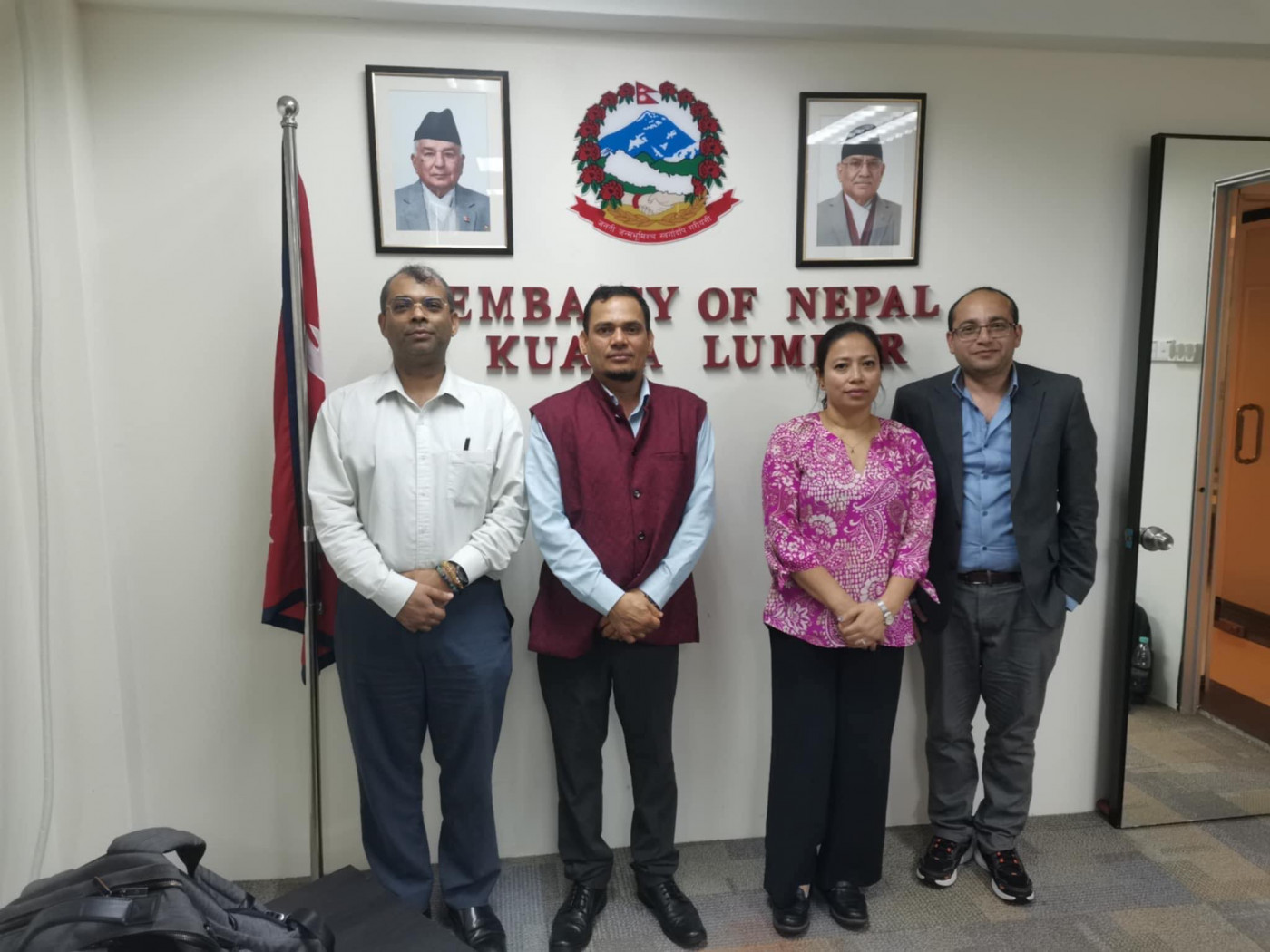












 Second NIHR MIHERC meeting in Bournemouth this week
Second NIHR MIHERC meeting in Bournemouth this week Dr. Ashraf cited on ‘Modest Fashion’ in The Guardian
Dr. Ashraf cited on ‘Modest Fashion’ in The Guardian NIHR-funded research launches website
NIHR-funded research launches website MSCA Postdoctoral Fellowships 2025 Call
MSCA Postdoctoral Fellowships 2025 Call ERC Advanced Grant 2025 Webinar
ERC Advanced Grant 2025 Webinar Horizon Europe Work Programme 2025 Published
Horizon Europe Work Programme 2025 Published Horizon Europe 2025 Work Programme pre-Published
Horizon Europe 2025 Work Programme pre-Published Update on UKRO services
Update on UKRO services European research project exploring use of ‘virtual twins’ to better manage metabolic associated fatty liver disease
European research project exploring use of ‘virtual twins’ to better manage metabolic associated fatty liver disease